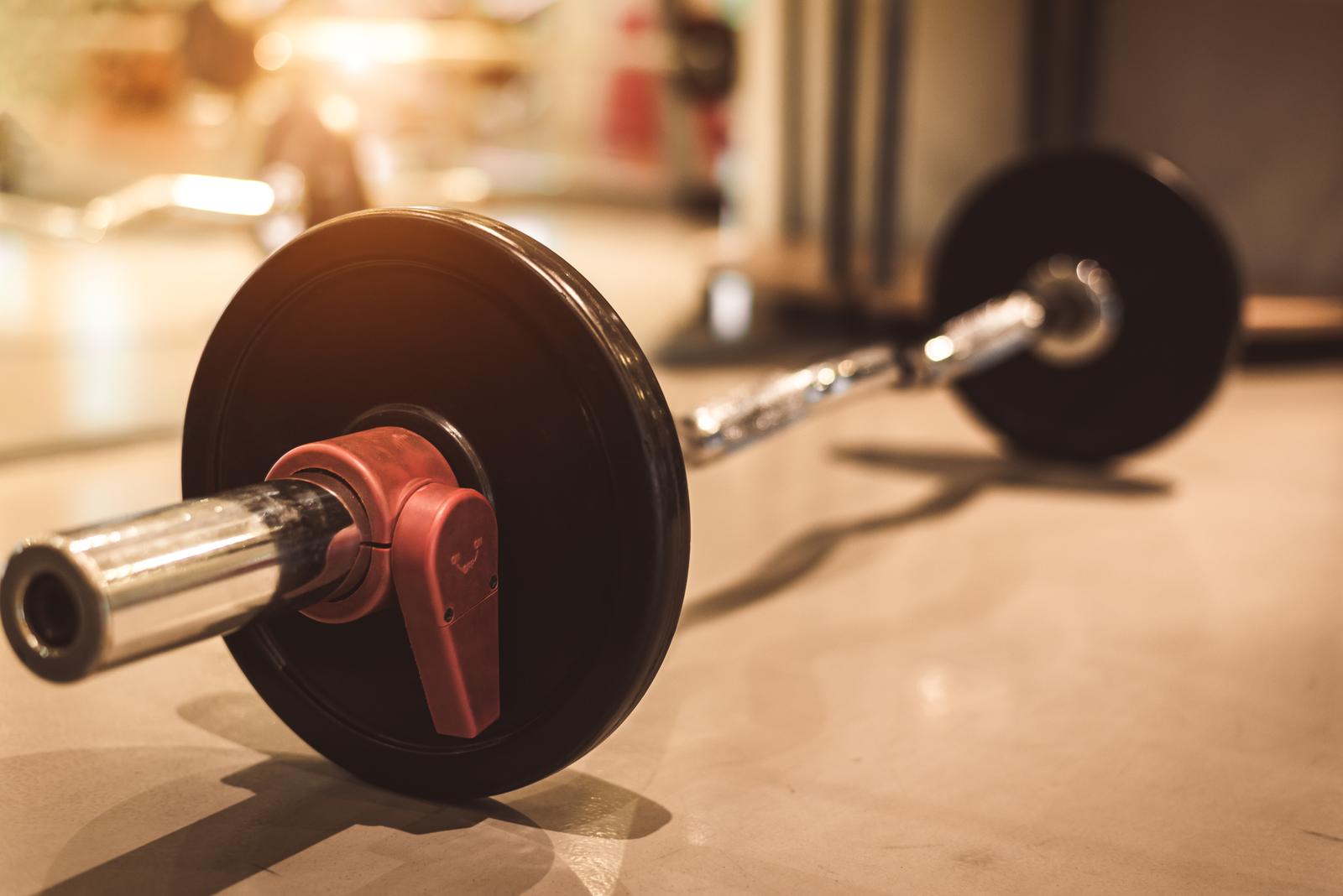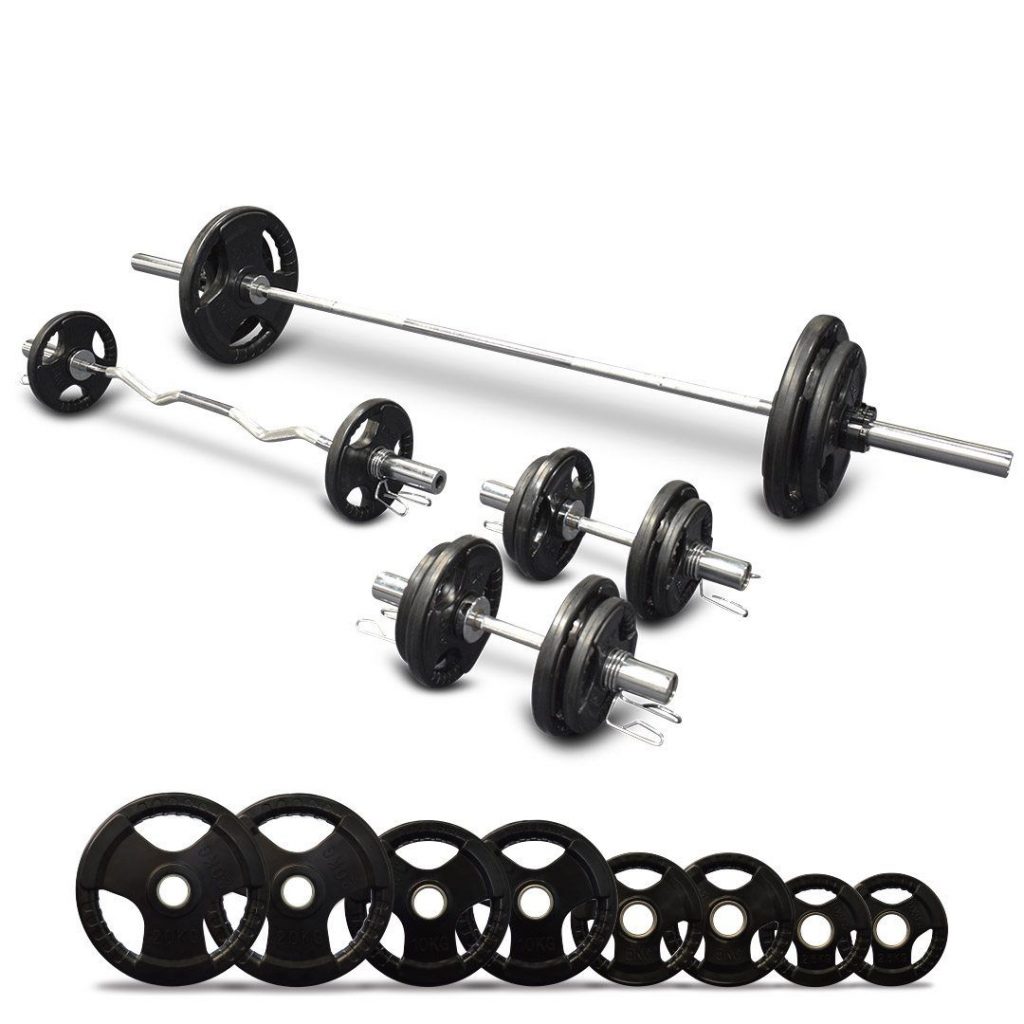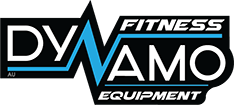
Olympic Weights vs. Standard Weights: What’s Best for You?
The type of weight plates you choose can make a significant difference in your workout routine. Enter the debate of Olympic weights versus standard weights. These two popular options have distinct characteristics and considerations that can impact your fitness journey.
Olympic weights are known for their larger size and standardized dimensions, making them ideal for serious lifters and competitive athletes. They offer greater versatility with specialized bars and equipment designed to accommodate their dimensions. On the other hand, standard are more commonly found in home gyms and fitness centers. They are smaller, easier to handle, and generally more affordable.
Understanding the differences between Olympic weights and standard weights is essential in selecting the right gym equipment for your specific needs and goals.
Differences between Olympic Weights and Standard Weights
Key Differences and Similarities
Understanding the differences between Olympic and standard is essential. Let’s take a closer look at the key differences and similarities between these two types of plates.
-
Center Hole Size: One noticeable difference between Olympic and standard weights is the size of the center hole. Olympic plates have a larger center hole, while standard plates have a smaller one. This distinction means that Olympic plates are designed specifically for use with Olympic barbells, which have thicker sleeves, while standard plates are compatible with standard barbells.
-
Purpose: Despite their differences in design, both types of plates serve the same purpose: adding resistance to your workouts. Whether you’re performing Olympic lifts or standard exercises, such as bench presses or squats, both types can help you build strength and muscle.
Differences in Construction Materials and Durability
The construction materials used in Olympic versus standard weights also play a significant role in their performance and durability.
-
Construction Materials: Olympic plates are typically made from cast iron or steel, making them more durable compared to standard plates made from materials like plastic or concrete. The robust construction of Olympic plates allows them to withstand heavy use without warping or breaking.
-
Durability: Due to their superior durability, Olympic plates tend to last longer than their standard counterparts. If you prioritize long-term investment and plan on using your weights frequently, investing in Olympic plates may be a better choice.
Physical Differentiators between Olympic and Standard Plates
Apart from variations in size and construction materials, there are other physical characteristics that set apart Olympic from standard ones.
-
Size: One striking difference is the size of the plates themselves. Generally speaking, Olympic plates are larger in diameter compared to standard ones. This larger size allows for more significant increases in load capacity on the barbell, making them suitable for advanced lifters who require heavier weights.
-
Ease of Handling: Olympic plates feature a raised lip on the edge, which makes them easier to handle during loading and unloading compared to flat-sided standard plates. The lip provides a convenient grip, allowing you to maneuver the plates with ease.
-
Color-Coding System: Another advantage of Olympic plates is the standardized color-coding system used to identify different plate sizes quickly. Each plate size is assigned a specific color, making it easy to spot and select the desired weight at a glance. This system helps streamline your workout routine by eliminating guesswork and saving time.
Choosing the Right Set: Olympic Set or Standard?
You may find yourself wondering whether the Olympic weight set or standard is the better choice. Let’s take a closer look at two important factors to consider: pricing and availability.
Pricing: Cost Comparison
One of the key considerations when choosing between Olympic and standard sets is the cost. Generally, Olympic sets tend to be more expensive than their standard counterparts. This is primarily due to the higher-quality construction materials and manufacturing processes involved in producing Olympic weights.
-
Olympic Sets: These sets are designed for serious lifters and athletes who require durable and heavy-duty fitness equipment. The plates have a larger diameter with a center hole size of 2 inches, allowing them to fit onto Olympic-sized barbells.
-
Standard Sets: On the other hand, standard sets offer a more budget-friendly option. They are suitable for beginners or those on a tight budget who still want to incorporate strength training into their fitness routines. Standard plates have a smaller diameter with a center hole size of 1 inch, making them compatible with standard-sized barbells.
So, if you’re just starting out or have limited funds, standard may be the way to go. However, if you’re serious about your fitness goals and plan on lifting heavier weights in the long run, investing in an Olympic set might be worth considering.
Availability: Finding the Right Plates
Another factor to consider when deciding between Olympic and standard weights is their availability. While both types of plates can be found in various fitness equipment stores, there are some differences in terms of accessibility.
-
Olympic Plates: Due to their popularity in commercial gyms and professional weightlifting competitions, Olympic plates and weight benches are generally more widely available. You can easily find them at specialized fitness stores that cater specifically to weightlifting equipment. Many online retailers offer a wide range of Olympic plates to choose from.
-
Standard Plates: On the other hand, standard plates may be easier to find in general sporting goods stores or online retailers that cater to home gym enthusiasts. These plates are more commonly used in home gyms and are suitable for individuals who prefer a more casual approach to strength training.
Considering the availability of plates in your area is important when deciding which type to purchase. If you have easy access to fitness stores that stock Olympic weights, it might be more convenient for you to go with an Olympic set. However, if you live in an area where standard are more readily available, opting for a standard set would make sense.
Advantages of Olympic Plates over Standard Plates

Grip Plates: Understanding the Importance in Weightlifting
Having a secure grip on the plates is crucial for maintaining control and maximizing performance. This is where Olympic grip plates have a significant advantage over standard plates. Olympic grip plates are designed with integrated handles that make them convenient for exercises where you need to hold the plate directly, such as farmer’s walks or plate carries. These built-in handles provide a comfortable and secure grip, allowing you to focus on your form and technique without worrying about the plate slipping from your hands.
On the other hand, standard plates usually lack these integrated handles. While they serve their purpose for traditional barbell exercises like bench presses or squats, they may not be as suitable for exercises requiring a secure grip on the plate itself. Without the proper grip features, performing movements like farmer’s walks or plate carries can become challenging and potentially increase the risk of accidents or injuries.
The presence or absence of grip features can significantly impact your workout routine and exercise selection. If you frequently incorporate exercises that involve holding the plates directly, such as specific strength training drills or functional fitness workouts, Olympic grip plates would be an excellent choice for you. The added convenience and enhanced safety provided by these integrated handles can greatly improve your overall lifting experience.
The difference between an Olympic Barbell and a Standard Barbell
Another factor to consider when choosing between Olympic and standard weights is the type of barbell you will be using. The difference lies in their design and compatibility with different types of plates.
Olympic barbells are specifically designed to accommodate Olympic plates. They are longer (usually around 7 feet) and sturdier compared to standard barbells. One key distinction is their larger diameter hole, which matches that of Olympic plates perfectly. This ensures a snug fit between the barbell sleeve and the plate, minimizing any unwanted movement or wobbling during your lifts.
On the other hand, standard barbells are shorter and lighter compared to Olympic ones. They are designed to be compatible with standard plates, which have a smaller center hole size. The compatibility between the barbell and plates is crucial for maintaining stability and balance throughout your exercises.
Choosing the appropriate barbell is essential for ensuring compatibility with your chosen type of plate. If you opt for Olympic weight plates, it is recommended to invest in an Olympic barbell as well. This combination will provide you with optimal performance and safety during your workouts. Conversely, if you prefer using standard plates, a standard barbell would be the most suitable choice.
Bottom Line
So, there you have it! We’ve explored the differences between Olympic and Standard Weights, discussed how to choose the right set for your workout, highlighted the advantages of Olympic Plates over Standard Plates, and answered some frequently asked questions. Now, it’s time for you to make an informed decision based on your fitness goals and preferences.
Regardless of which option you choose, always prioritize safety and proper form while lifting . Remember that consistency is key. So don’t wait any longer – grab them, get moving, and start working towards a stronger and healthier version of yourself!
Now that you have all the information at hand, why not take action? Start by evaluating your fitness goals and determining which type of set aligns with them best. Whether it’s Olympic or standard, commit yourself to regular workouts with dedication and enthusiasm. Your body will thank you as you progress towards achieving your desired strength and physique. So go ahead – pick up those Olympic weights and let’s get started on this exciting fitness journey together!
FAQs
What are the main differences between Olympic and standard weights?
Olympic and standard weights differ in terms of size, design, and purpose. Olympics are larger and heavier, typically used for competitive weightlifting. Standard, on the other hand, are smaller and lighter, commonly found in home gyms or fitness centers.
Which type of weight is better for building muscle?
Both can be effective for building muscle. However, the Olympics provide more versatility as they allow you to perform a wider range of exercises with heavier loads. If your goal is to maximize strength gains and muscle growth, using Olympic weights would be beneficial.
Can I use Olympic plates with a standard barbell?
No, you cannot use Olympic plates with a standard barbell directly. The diameter of the holes in Olympic plates is larger than that of a standard barbell. However, there are adapters available that allow you to use Olympic plates with a standard barbell if necessary.
